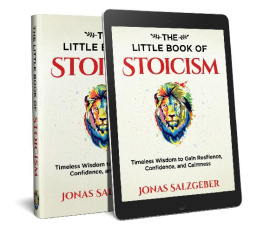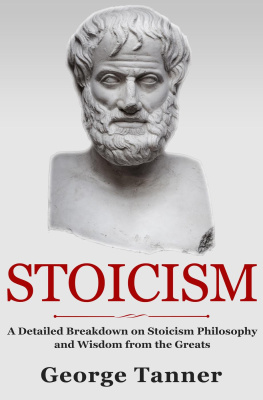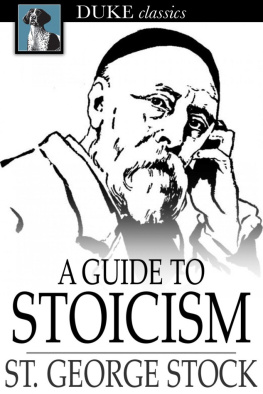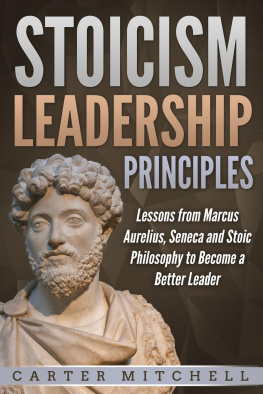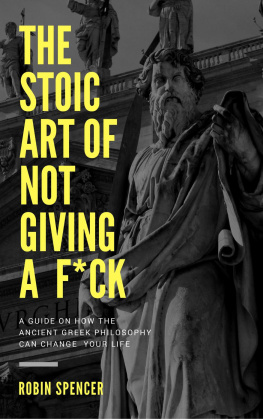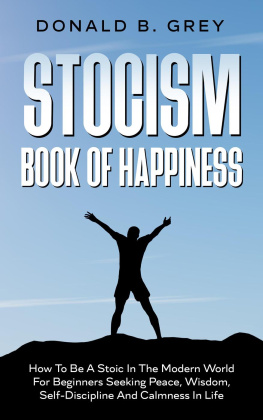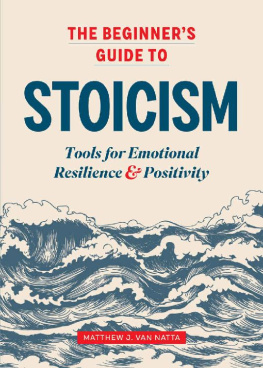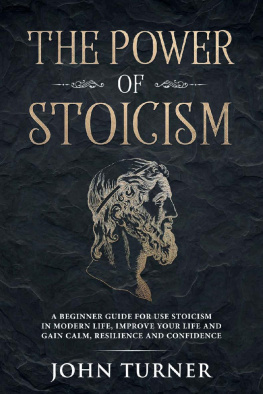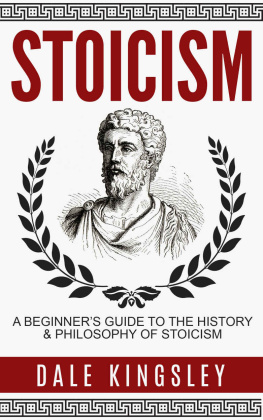Rami Walter - Mental Toughness: The Beginners Guide to Stoicism and Enneagram, Discover the Art of Happiness and Mental Resilience, Learn Self-discipline, and Gain a Growth Mindset with Positive Thinking Tactics
Here you can read online Rami Walter - Mental Toughness: The Beginners Guide to Stoicism and Enneagram, Discover the Art of Happiness and Mental Resilience, Learn Self-discipline, and Gain a Growth Mindset with Positive Thinking Tactics full text of the book (entire story) in english for free. Download pdf and epub, get meaning, cover and reviews about this ebook. year: 2020, genre: Religion. Description of the work, (preface) as well as reviews are available. Best literature library LitArk.com created for fans of good reading and offers a wide selection of genres:
Romance novel
Science fiction
Adventure
Detective
Science
History
Home and family
Prose
Art
Politics
Computer
Non-fiction
Religion
Business
Children
Humor
Choose a favorite category and find really read worthwhile books. Enjoy immersion in the world of imagination, feel the emotions of the characters or learn something new for yourself, make an fascinating discovery.

- Book:Mental Toughness: The Beginners Guide to Stoicism and Enneagram, Discover the Art of Happiness and Mental Resilience, Learn Self-discipline, and Gain a Growth Mindset with Positive Thinking Tactics
- Author:
- Genre:
- Year:2020
- Rating:5 / 5
- Favourites:Add to favourites
- Your mark:
Mental Toughness: The Beginners Guide to Stoicism and Enneagram, Discover the Art of Happiness and Mental Resilience, Learn Self-discipline, and Gain a Growth Mindset with Positive Thinking Tactics: summary, description and annotation
We offer to read an annotation, description, summary or preface (depends on what the author of the book "Mental Toughness: The Beginners Guide to Stoicism and Enneagram, Discover the Art of Happiness and Mental Resilience, Learn Self-discipline, and Gain a Growth Mindset with Positive Thinking Tactics" wrote himself). If you haven't found the necessary information about the book — write in the comments, we will try to find it.
Use the Power of Enneagram and the calm of Stoicism to enhance and Overcome obstacles in your work, life, and love.
Do you want to know yourself better and have better control of your emotions and reactions to different situations that may come up?
Do you desire to have inner peace, even amidst a storm?
The truth is that we all yearn to be peaceful from within, to be disciplined, have the resilience to withstand the various challenges we experience in life as well as be happy, no matter what we may be going through.
The question is; is this even achievable?
Well, it is achievable thanks to Stoicism and understanding your personality through the Enneagram.
Stoicism is a Greek philosophy that teaches how to develop self-control and resilience in order to manage and overcome destructive emotions. Embracing the philosophy of Stoicism means adding positivity and self-control to your life. With this guide by your side, you will learn how to take charge of your emotions to achieve inner calm and happiness.
In this book, you will also learn about the Enneagram, which is also key in achieving happiness. The Enneagram is a popular model of the human psyche that includes 9 different types of personalities. Find out what type you are and how it can affect your habits, your growth and your personal and professional interactions.
This guide on Enneagram and Stoicism offers you the emotional tools you need to let go of the things that you have no control over and find joy in what you have. It will show you how to use the Enneagram to know your authentic self and manage your emotions better, develop your career and understand the people around you.
Here is a preview of what you will learn:
The evolution of Stoicism and the Enneagram
The virtues and core principles of Stoicism
How to apply Stoicism in your everyday life
Why you need to know about the Enneagram
Important guidelines of the Enneagram
How understanding the Enneagram will enable you to achieve happiness
And much more
Change your perception, focus on positivity, empower yourself with the ability to recognize your beliefs and behavior and become the Best Version of Yourself with Mental Toughness Audiobook!.
Scroll to the top of the page and select the Buy Now button to get your copy.
Rami Walter: author's other books
Who wrote Mental Toughness: The Beginners Guide to Stoicism and Enneagram, Discover the Art of Happiness and Mental Resilience, Learn Self-discipline, and Gain a Growth Mindset with Positive Thinking Tactics? Find out the surname, the name of the author of the book and a list of all author's works by series.

